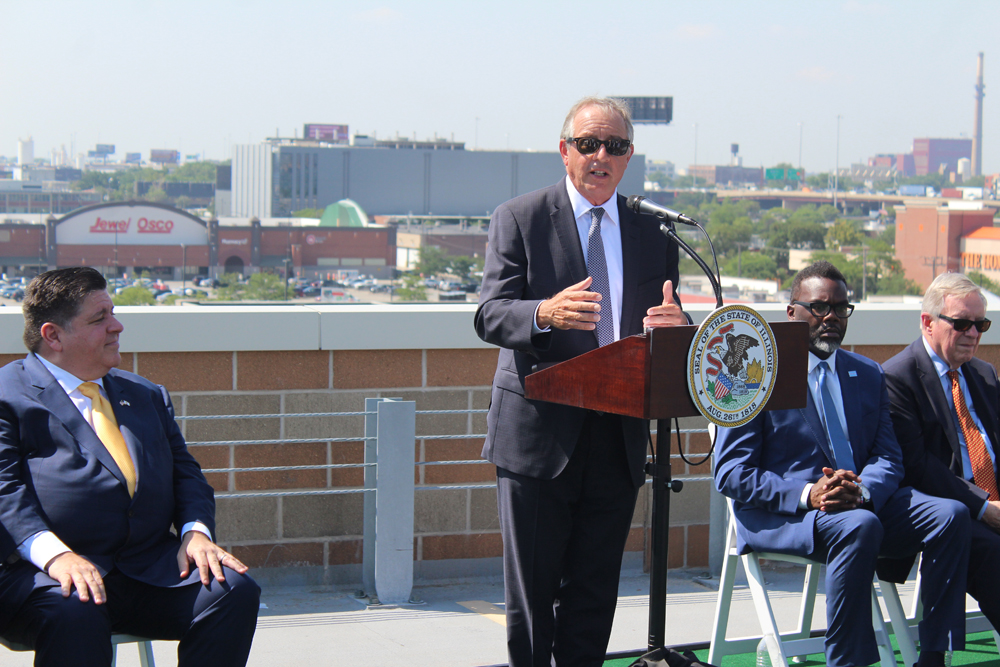
CHICAGO — Illinois Gov. JB Pritzker led an entourage of local and national political firepower Thursday in touting Amtrak’s application for federal funding for the Chicago Hub project, a more than $1.1 billion plan to improve Chicago Union Station and routes into the city.
The request to the Federal Railroad Administration for an $872.8 million Federal-State Partnership grant would be combined with a 20% match drawn from Amtrak; the states of Illinois and Michigan; Metra; the City of Chicago; the Chicago Metropolitan Agency for Planning; and Cook County, Ill.; for a total of $218.2 million. The total funding would significantly upgrade operations, platforms, and passenger flow at Union Station; reconfigure track alignments on Chicago’s south side; and extend a passing track near Dowagiac, Mich.
A complete description of the improvements is available on the Amtrak website.
Pritzker’s announcement, from the roof of a parking garage with a view of a now-inoperative St. Charles Air Line bridge, was accompanied by remarks from officials including U.S. Sens. Dick Durbin and Tammy Duckworth (both D-Ill.); Chicago Mayor Brandon Johnson; Amtrak Board Chairman Anthony Coscia, and Metra Executive Director Jim Derwinski. Pritzker says the lineup of support is “a joint effort to present our case in Washington.” The FRA plans to award Federal-State Partnership grants this fall.
Last year, Amtrak and its partners made an unsuccessful bid to secure more than $250 million from the National Infrastructure Project Assistance, or Mega Program [“Amtrak unveils infrastructure plan …,” Trains News Wire, June 10, 2022].
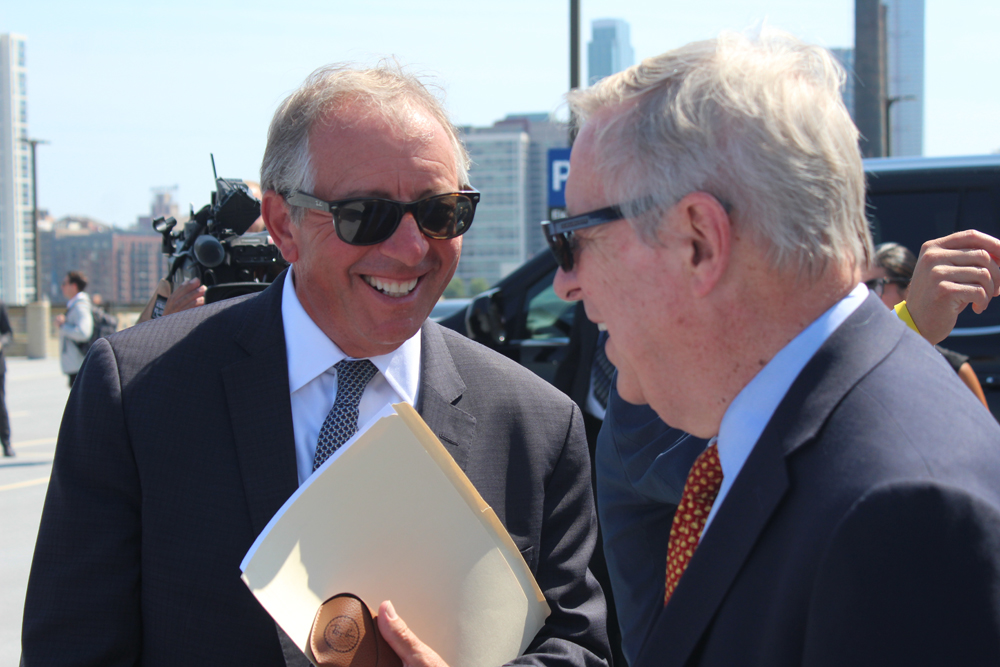
That request required a 50% match, but would have provided mostly planning funds. Ray Lang, Amtrak’s vice president of state-supported business development, explains the new Federal-State Partnership grant “contains about a $115 million match from Amtrak; our partners took that up to over $200 million.” The higher funding level, should the grant be awarded, means more money will be available for construction.
Lang says Amtrak “still needs to go through the process to plan the design of the connection to the St. Charles Air Line — which is probably 18 to 24 months to do that before construction can start — but some of the construction in Union Station itself can begin within months of the award.”
High Speed Rail Alliance Executive Director Rick Harnish tells News Wire that winning the Chicago Hub grant is the first step in facilitating his organization’s CrossRail Chicago plan of linking the McCormick Place Convention Center and downtown through Union Station to O’Hare, first proposed 10 years ago. “I was excited to hear how the governor and others eloquently described the benefits of the one-seat ride, which is helpful in finally getting cooperation between all of the agencies that need to be involved,” Harnish says.
Coscia: ‘An opportunity to make a significant change’
Coscia, in his remarks, said, “the heart of our national network is Union Station. It is not just our hub, it’s our heartbeat. If we are going to enter an entirely new generation of rail travel in this country, we’re going to begin it here, and we’re either going to succeed here on the national mission, or we’re going to fail here. And that’s something we’ve shared with our colleagues in Washington, the Biden Administration and Congress.”
He notes, “The St. Charles Airline bridge behind me represents the opportunity to reduce travel times by 15 minutes and open up corridors that we currently don’t have … and remedy many things that have not been done in the past.”
In a subsequent News Wire interview, Coscia explains, “If you look at what we are capable of accomplishing with passenger rail in this country, it really is using the national system as an anchor to draw all that together which supports the state-supported and long-distance traveler and creates city pairs where we haven’t had good, reliable continual service.
He adds, “We know the triweekly trains are not optimal. We’ve underinvested in passenger rail for decades. In the ramp-up to the infrastructure bill we had improved a lot of the operating performance at Amtrak, only to free up money to put more money into capital and lessen the operating subsidy. The reality is that the numbers we need are far greater than both of those things. Now we have an opportunity to make a significant change in it. We’ve slept on this so long that [the need for] billions is not the whole number, but it is something that will make a big change.”
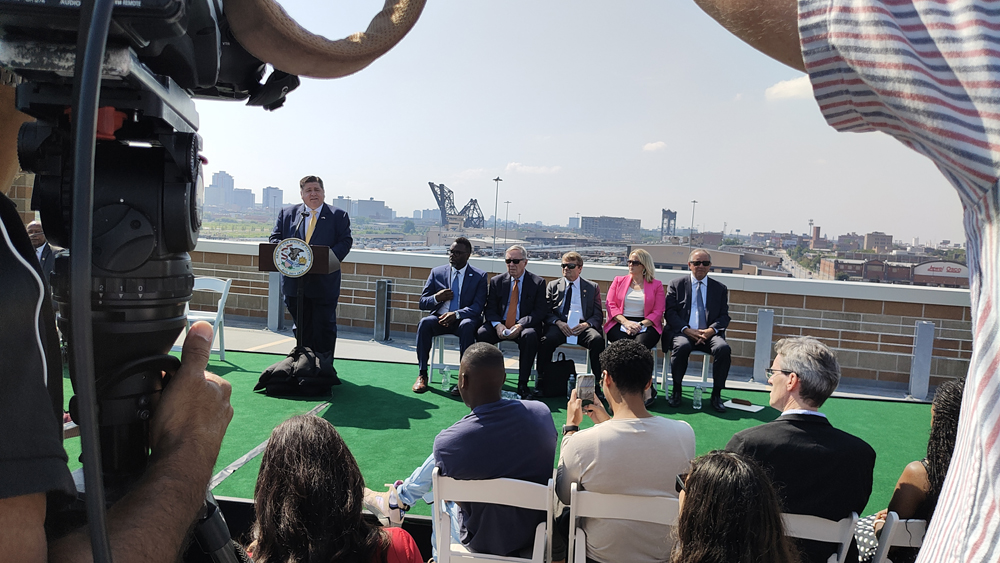






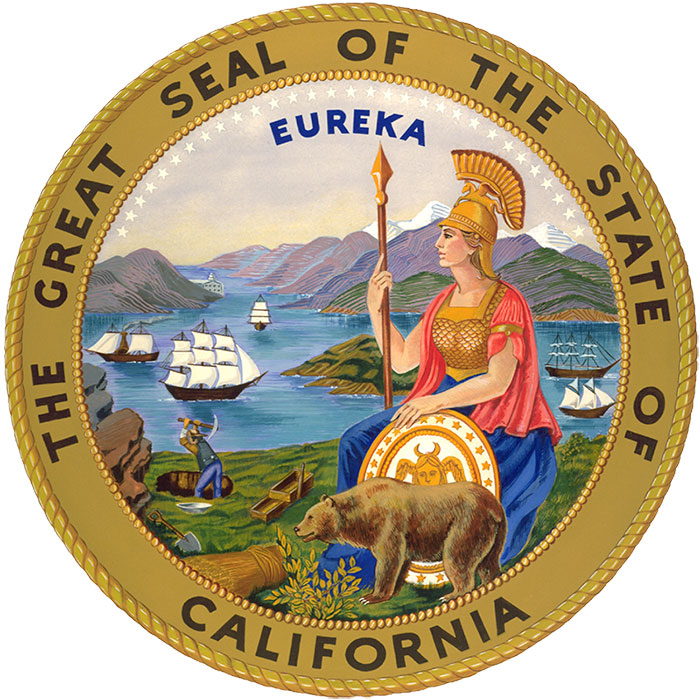
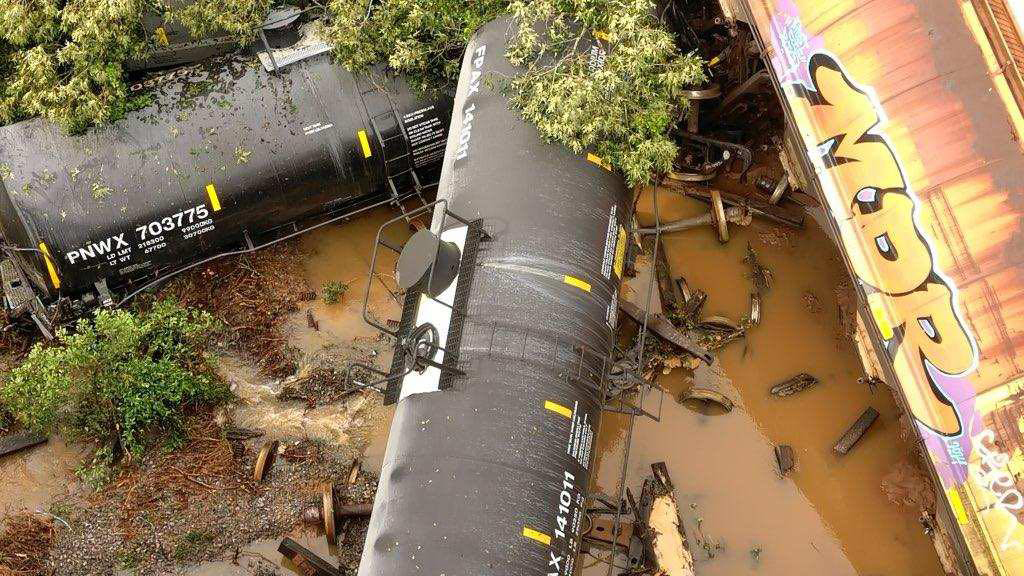
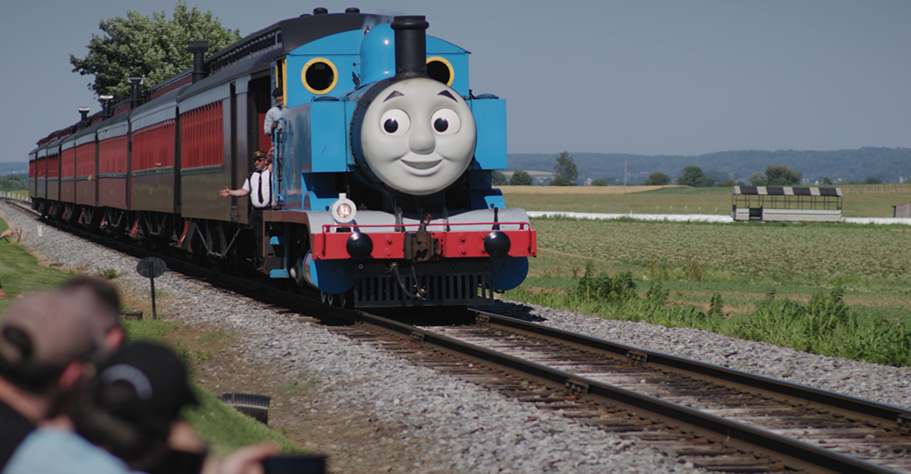
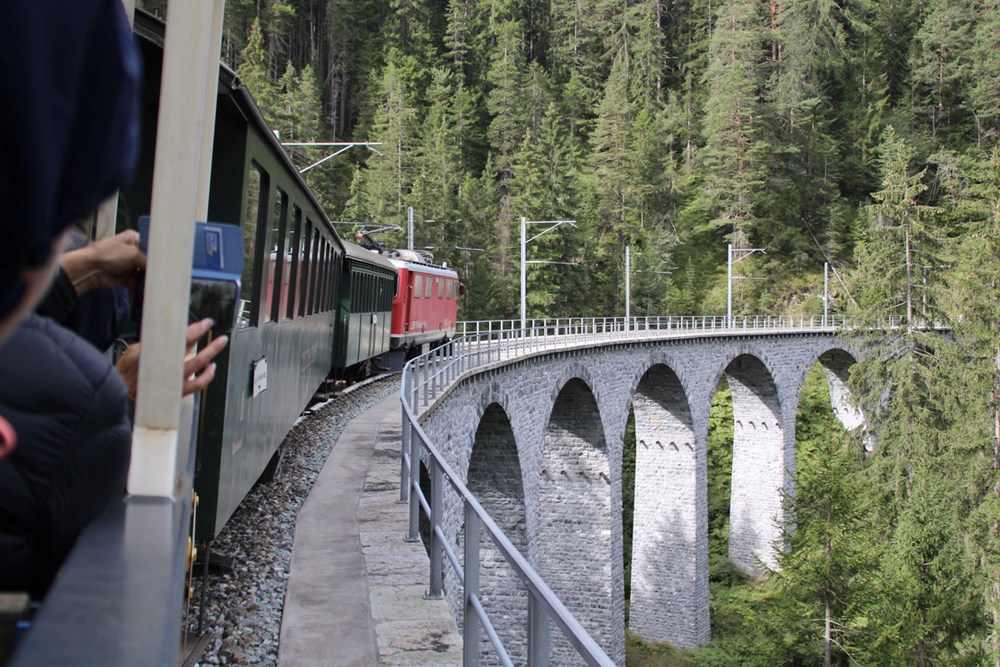




Per the improvements PDF linked above the project will fund the “Restoration of double-track on one mile of trackage east of the St. Charles Air Line bridge PE, FD, NEPA, C” over which “CN rehabilitated 7 bridges in 2020-21… because of low freight traffic, CN built single track bridges and removed second track… Abutments and right-of-way space remain for restoration of the 2nd track and the needed bridges”. This seems to succinctly illustrate why these one-time grants are not the best way forward. Instead, we need to have a NRPC that has annual funding to make small changes just like highway 4-R funding.
If the billions of dollars that are being talked about here and floated around, it is a waste if it is not used and invested the right way. I wouldn’t trust the current wizards running Amtrak to do anything the right way. They can’t even run the neighborhood grocery store in the right way and turn a profit. The old time railroad builders and executives buit an impressive rail network and great terminals that really served the publicand it was done within a framework of time and money spent. Today billions of dollars are spent and what do we have for it? A few miles here and there and replacement stations and terminals that really don’t serve the needs of the traveling public. Look at New York City for example Billions of dollars poured into a Second Avenue Subway that is a fraction of what it orginally was meant to be Three stations built far apart and only two tracks and now plans and money being st aside for the remainder of this stubway which will take several years to complete and not going anywhere to serve the Bronx or lower Manhattan. Also plans being formed for a new Penn Station which will cost more billions. Trying to undo the mistakes of the past when the old Penn Station was torn down as a sacrifice to corporate greed and real estate interests. If they are planning a new Penn Station then why was money wasted on converting the old Post Office building into a new Penn Station. It would have been better to wait and save that money and put it into a brand new modern building and terminal instead. Of course New York transit and rail is operated by another bunch of hacks and bunglers the MTA a political corporation who don’t know what they are doing or operating but do know how to shake down their riders for fare increases every so often and use that money to cover their mistakes and poor management and operating practices. This Chicago Hub idea and plan sounds and looks good on paper and theory but not if it gets federal funding which will be mishandled or spent foolishly with no body benefiting from it except consulting firms and politicans who will pocket some of the funds on foolish ideas and projects
Joseph C. Markfelder
JAMES — Your “faster overall speed” obviously includes direct access to Union Station from the former ICRR. Amtrak (or the city and state) have been talking about that for about the last 52 years and haven’t even started. If it ever happens, it might be packaged with better access for trains to Michigan and the east.
I don’t mean to be cynical. There’s a lot of serious talk now, needs funding. The cost of this would be what the federals waste every week on useless social programs, or the COVID relief trillions that no one has any idea where it ended up.
Let’s see if Coscia follows through and makes sure that Chicago Union Station is really the heart of the system. Until there is significant investment, this statement will be illusory. And I’m talking about more trains, longer consists, faster overall speeds, and on-time performance just to name a few.